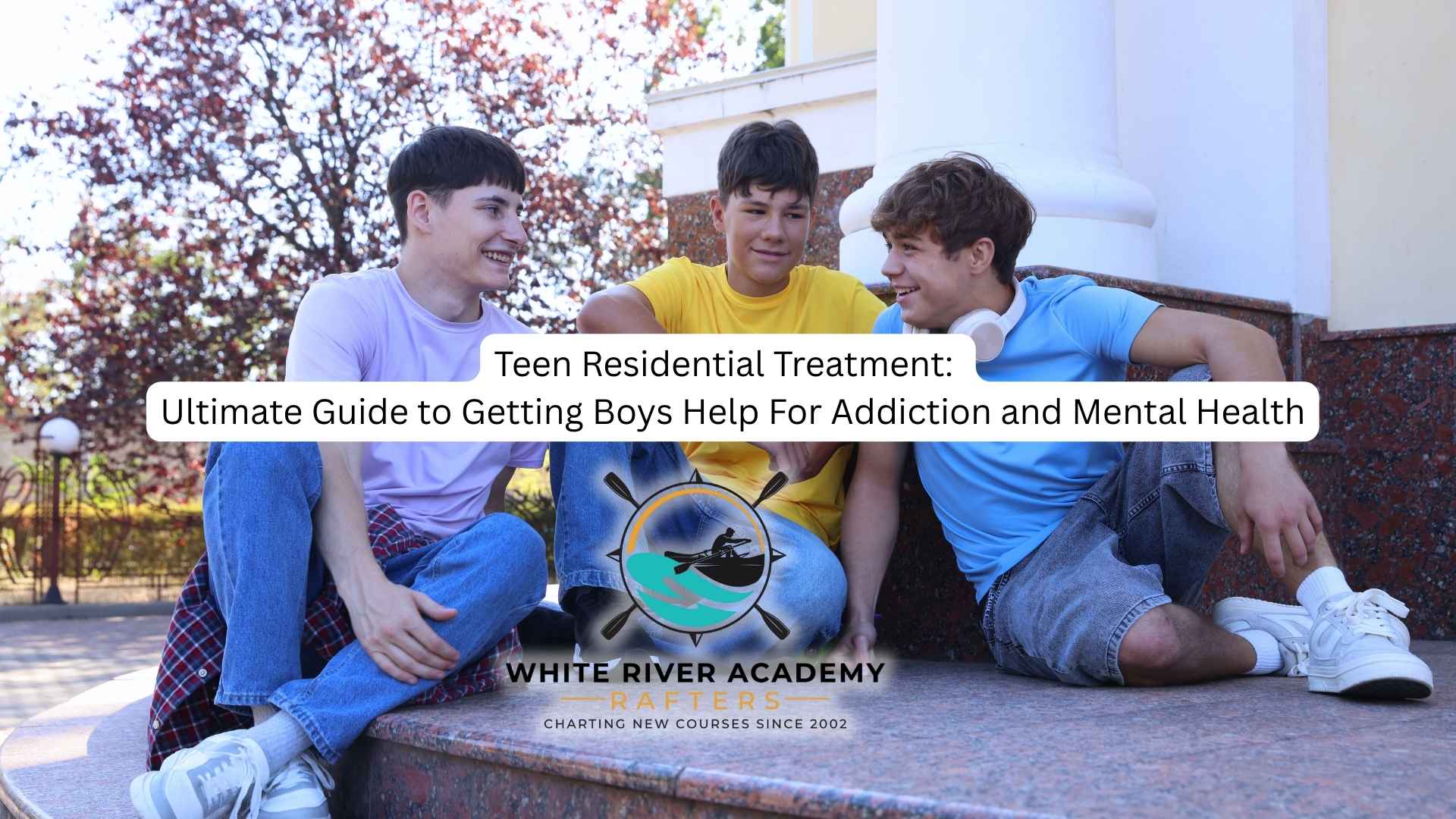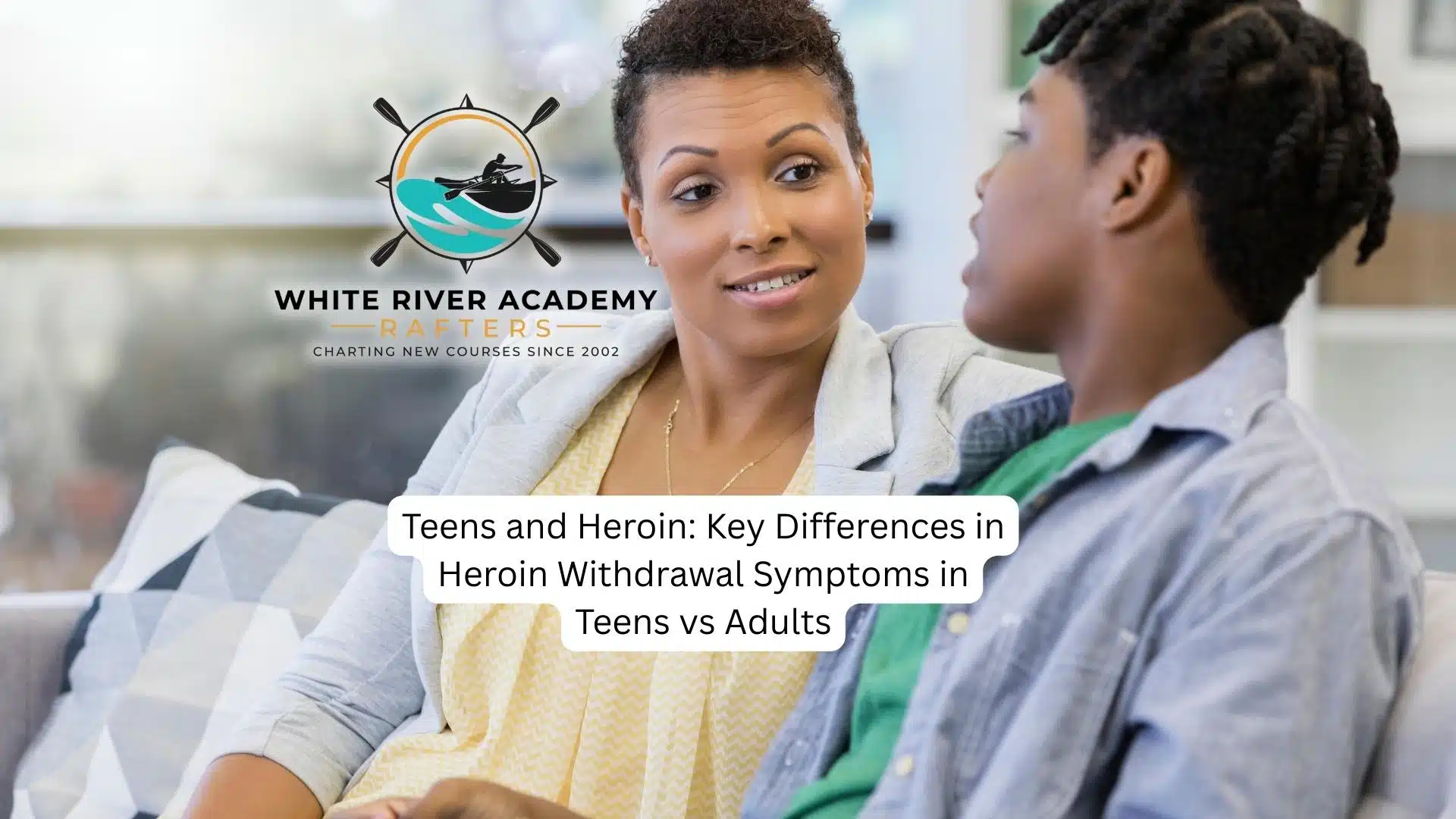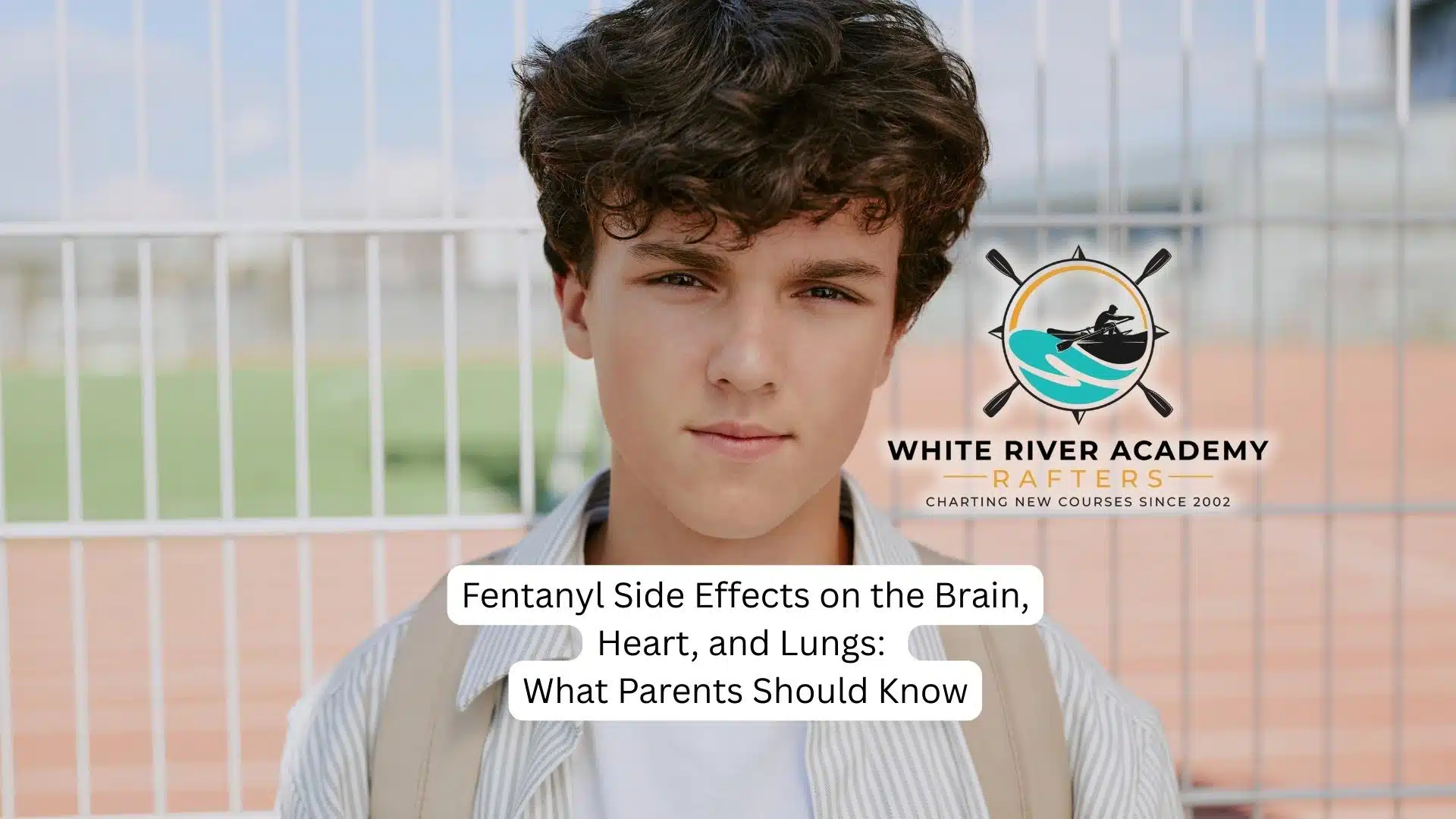Pornography is widely accessible today, yet its influence on relationships is often underestimated. While some regard it as harmless, experiences show it can undermine intimacy, trust, and emotional connection. Awareness of its impact allows individuals, couples, and even teens beginning to form early relationships to recognize warning signs and respond with healthier choices.
This article focuses on the ways compulsive viewing of explicit material can affect partnerships and why addressing the issue matters for lasting relationship health.
Distorted Expectations of Intimacy
One of the most common issues with repeated exposure to porn is the way it shapes unrealistic expectations about intimacy. These portrayals often exaggerate or showcase unhealthy sexual scenarios that do not reflect real-life relationships. Over time, individuals may begin to expect their partners to perform in similar ways, leading to disappointment and pressure.
When genuine intimacy is replaced with comparisons to scripted encounters, physical closeness can feel forced or transactional. This shift reduces the space for vulnerability and authentic connection. Unrealistic expectations can also foster addiction, where individuals rely heavily on these portrayals rather than on their partners.
For young adults, the risks are even greater—exposure can disrupt their developing understanding of intimacy and create harmful patterns early on. Early support is essential, and seeking pornography addiction treatment for teens will provide structured guidance to build healthy perspectives and prevent these patterns from carrying into adulthood.
Erosion of Trust and Honesty
Trust is a cornerstone of any strong relationship, and hidden reliance on porn can easily undermine it. For young people, secrecy about viewing habits can create conflict with parents or caregivers, who may feel betrayed or shut out when the truth surfaces.
Even when the behavior is acknowledged, ongoing reliance often leads to insecurity and tension in family dynamics, with parents questioning how to help their child feel whole and connected. Rebuilding trust in these situations requires open dialogue, clear boundaries, and guidance from professionals who can support both teens and their families.
Emotional Disconnection
Excessive use of sexually explicit material can contribute to emotional withdrawal and detachment. Instead of seeking closeness with their partner, some individuals turn to these portrayals as a substitute for emotional or physical connection. This choice can leave the other partner feeling lonely, unwanted, or rejected. Over time, this pattern weakens emotional intimacy and creates distance.
A relationship thrives on shared experiences, openness, and mutual reliance. When reliance on pornography replaces these aspects, partners may drift apart emotionally, making it harder to restore the sense of being truly valued in the relationship.

Increased Risk of Addiction
What may begin as casual viewing can escalate into a compulsive habit or addiction. This cycle consumes time, attention, and energy that would otherwise be directed toward the relationship. Secrecy, guilt, and shame often accompany this behavior, adding further strain to the partnership.
For adolescents, the risks are even more concerning. What may start as occasional viewing can develop into a dependency that interferes with school, friendships, and family life. Parents who notice secrecy, withdrawal, or sudden changes in mood may be seeing early signs of addictive behavior. Recognizing these patterns early gives families the chance to seek support, encourage open dialogue, and explore professional help before the addiction causes lasting damage.
Negative Effects on Self-Esteem
Constant exposure to unrealistic body types and sexual performances can lead to feelings of inadequacy and shame. Teens and adolescents are especially vulnerable, as they may begin to feel unattractive or unworthy compared to what they see on screen.
This damages self-esteem during a critical stage of identity development. When teenagers feel insecure, they may withdraw from social and emotional connections, fearing rejection or judgment. This lack of confidence can spread into other areas of their relationships, reducing openness with friends, partners, and even parents.
Challenges in Young Adult and Teen Relationships
Teenagers who are exposed early often develop distorted views of sex and relationships before they have the maturity to fully understand them. These misconceptions can shape how they approach intimacy and commitment later in life.
Heavy reliance on this content can hinder emotional growth, making it difficult to form respectful, balanced partnerships. Family support is critical in these situations, as early exposure can reduce motivation to pursue healthy real-world connections, leading to isolation or surface-level relationships that lack depth and commitment.
Final Thoughts from White River Academy
Pornography may seem like a private choice, but its consequences often extend directly into relationships. From distorted expectations and loss of trust to emotional withdrawal and self-esteem issues, overreliance on it can slowly erode the foundation of intimacy. Recognizing these risks is the first step toward healthier, more connected relationships.
At White River Academy, we understand how these challenges impact young men and their families. Through evidence-based treatment and structured support, we help adolescent boys rebuild trust, strengthen emotional resilience, and move toward lasting recovery. If unhealthy viewing habits have become a barrier to healthy relationships, specialized programs like ours provide the guidance and care needed to create meaningful change.




